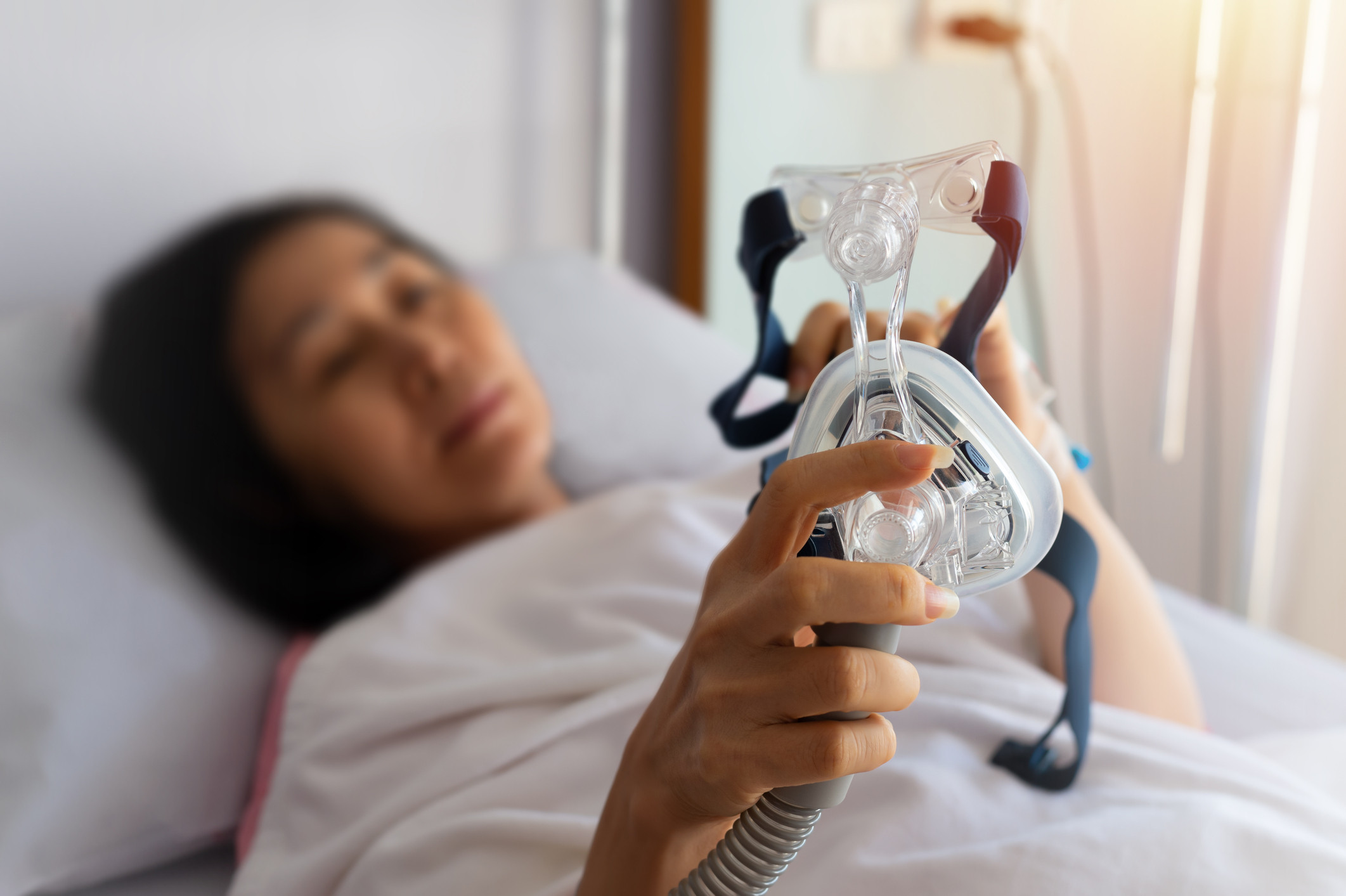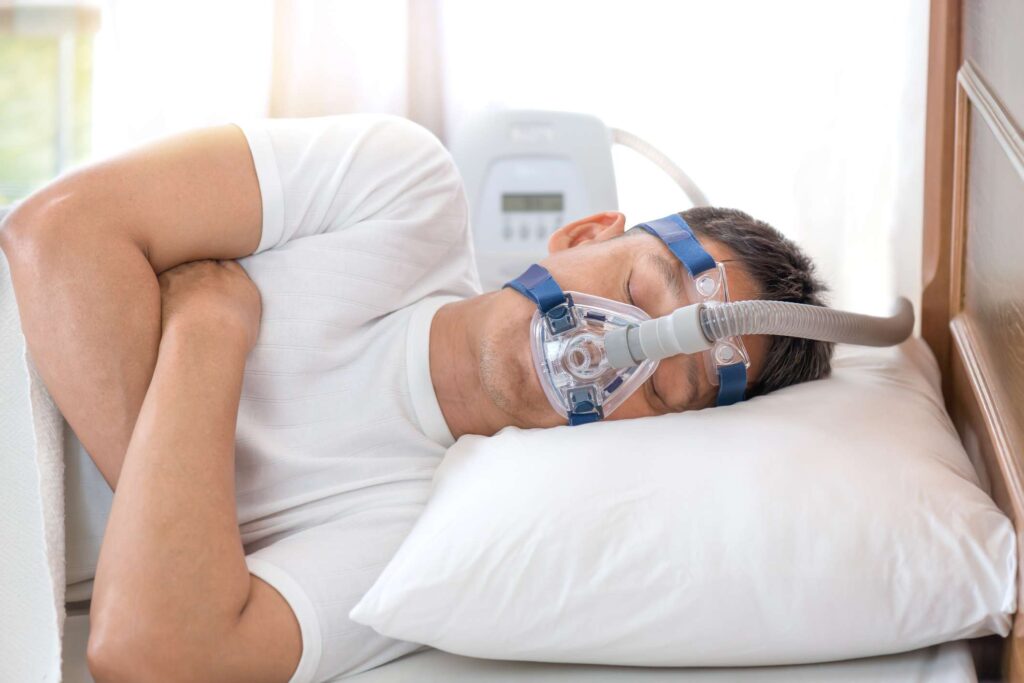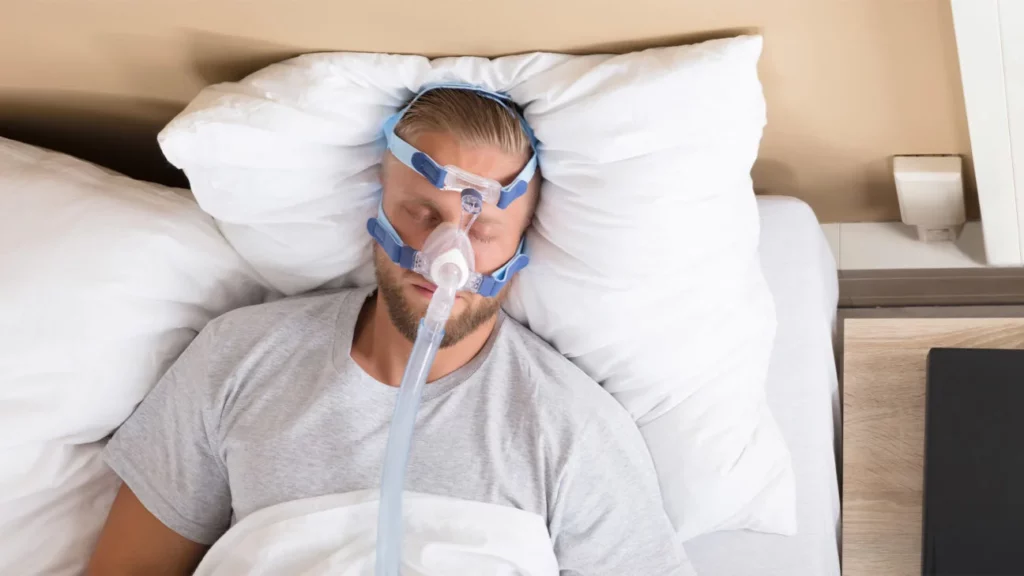
CPAP Sleep Study: How It Helps Diagnose and Manage Sleep Apnea
Sleep is an essential part of our lives, but for many, it can be elusive, especially those suffering from sleep apnea. This condition affects millions globally, disrupting sleep and leading to a cascade of health issues. A CPAP (Continuous Positive Airway Pressure) sleep study plays a crucial role in diagnosing and managing this disorder. In this article, we will delve deep into understanding sleep apnea, the CPAP sleep study, interpreting its results, and effectively managing the condition.
Understanding sleep apnea: A brief overview
Sleep apnea is a common but serious sleep disorder characterised by repeated interruptions in breathing during sleep. These interruptions can last for a few seconds to several minutes and can occur many times a night. The most prevalent types include obstructive sleep apnea, central sleep apnea, and complex sleep apnea syndrome.
In conclusion, CPAP sleep studies are invaluable tools for diagnosing and managing sleep apnea. Understanding the intricacies of this process empowers patients to take charge of their sleep health effectively. If you suspect you suffer from sleep apnea, take the proactive step of consulting a professional to start your journey towards improved sleep and overall health.

The science behind sleep apnea
At its core, obstructive sleep apnea (OSA) results from a blockage of the upper airway during sleep. This blockage can be caused by various factors, including obesity, enlarged tonsils, or the anatomy of a person’s airway. Conversely, central sleep apnea occurs when the brain fails to send appropriate signals to the muscles that control breathing. This lack of communication leads to breathing interruptions.
Understanding the science of sleep apnea is vital because it allows for tailored treatment approaches. Each type necessitates a different management strategy, and recognising the underlying cause can significantly improve outcomes.
Read about sleep study cost Melbourne at: Sleep Study Cost Melbourne
Common symptoms and risks of sleep apnea
People suffering from sleep apnea often experience loud snoring, gasping or choking during sleep, and excessive daytime sleepiness. Other symptoms may include difficulty concentrating, mood changes, and headaches upon waking. If left untreated, sleep apnea can lead to severe health risks, including cardiovascular problems, high blood pressure, and diabetes.
Awareness of these symptoms is essential for timely diagnosis and intervention. If you or someone you know exhibits these signs, seeking professional help is crucial.
The role of CPAP in sleep apnea diagnosis
A CPAP sleep study is a specialised test designed to diagnose sleep apnea through the measurement of various parameters during sleep. The primary aim of this study is to observe the patterns and interruptions in breathing, helping healthcare providers craft a comprehensive treatment plan.
What is a CPAP sleep study?
A CPAP sleep study typically involves overnight monitoring in a sleep centre or at home, employing a CPAP machine that delivers a steady stream of air through a mask worn over the nose or mouth. This airflow helps keep the airways open, ideally preventing the interruptions associated with sleep apnea. Read more about interruptions on https://hr.berkeley.edu/grow/grow-your-community/wisdom-caf%C3%A9-wednesday/impact-interruptions
The advantage of this study is that it provides real-time data on breathing patterns and other critical metrics, enabling doctors to make informed decisions about treatment options.
The process of a CPAP sleep study
The process usually begins with a consultation wherein a physician reviews your medical history and discusses your symptoms. If a CPAP sleep study is deemed necessary, you’ll be given instructions on how to prepare. The actual study involves several monitors attached to your body to track your sleep stages, heart rate, and breathing.
Though it may seem daunting, the process is designed to be comfortable. Technicians will be present to ensure everything runs smoothly while you sleep. In recent years, home-testing kits have also become popular, allowing patients to test their breathing patterns in the comfort of their own beds.
Interpreting CPAP sleep study results
Once the study is completed, healthcare professionals will analyse the collected data to interpret the results. Understanding what these results signify is crucial for forming the next steps in treatment.
What do the results mean?
The results of the CPAP sleep study offer insights into the severity of sleep apnea. They indicate how often breathing disruptions occur, their duration, and the overall quality of sleep. Based on these findings, doctors can decide whether CPAP therapy is necessary or if other treatments should be explored.
For many, a clear indication of sleep apnea can be a wake-up call, prompting lifestyle changes alongside potential therapy options.
The role of a sleep specialist in interpreting results
A sleep specialist plays a vital role in interpreting the results of your CPAP sleep study. These professionals have a deep understanding of sleep disorders and can provide a nuanced analysis of your data, taking into account your individual circumstances.
Following the interpretation, they will discuss your results with you, outlining the next steps and answering any questions you might have. This level of personalised care is essential for a successful treatment journey.
Managing sleep apnea with CPAP therapy
CPAP therapy is often prescribed as the primary treatment for individuals diagnosed with obstructive sleep apnea. It works by delivering a constant stream of air that keeps the airways open during sleep.
How CPAP therapy works
The therapy involves using a CPAP machine connected to a hose that supplies air through a mask. This mask can cover your nose, mouth, or both, depending on your comfort preferences. The consistent airflow helps prevent airway collapse, allowing for uninterrupted sleep cycles. To find more about airway click here.
Although it may take time to adjust to wearing the mask, many users find that their sleep quality improves significantly with regular use.
The benefits of CPAP therapy for sleep apnea
The benefits of CPAP therapy are multifaceted. Users often report feeling more alert during the day, experiencing reduced daytime sleepiness, and improved mood. Additionally, effective management of sleep apnea can lower the risks of related health issues, such as heart disease and high blood pressure.
Overall, CPAP therapy dramatically enhances the quality of life for many individuals affected by sleep apnea, allowing them to live more fully and energetically.
Frequently asked questions about CPAP sleep studies
Many individuals have questions regarding CPAP sleep studies and their implications. Addressing these queries can alleviate concerns and enhance understanding of the process.

Preparing for a CPAP sleep study
Preparing for your CPAP sleep study is crucial for its success. You may be advised to avoid caffeine and alcohol on the day of the study. It’s also wise to discuss your medications with your healthcare provider to ensure they won’t interfere with the results.
Many clinics provide guidelines that outline what to expect, which can help ease any anxiety you might feel leading up to the study.
What to expect during and after a CPAP sleep study
During the study, expect to be monitored closely, with wires and sensors attached to track your various bodily functions. While it may feel unusual at first, most patients manage to fall asleep in a relaxed and quiet environment.
After the study, your healthcare provider will review the results with you and suggest a processing plan tailored to your needs. This step is particularly important, as it shapes the course of action for managing your sleep apnea moving forward.